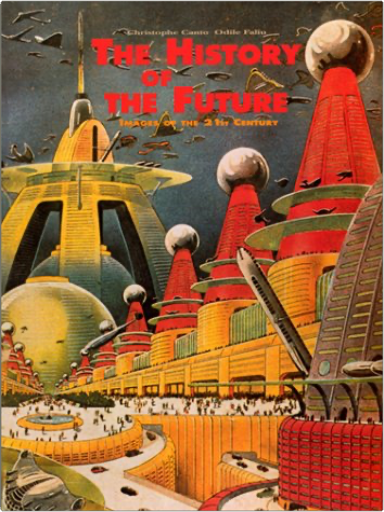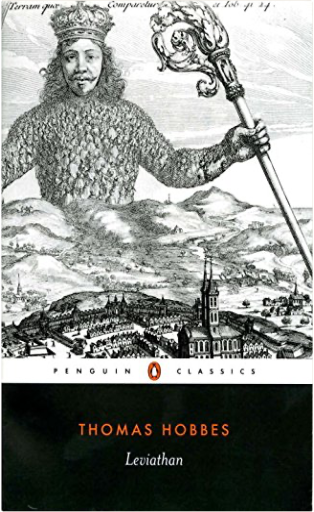 LeviathanThomas Hobbes LeviathanThomas Hobbes "During the time men live without a common Power to keep them all in awe, they are in that condition which is called Warre" 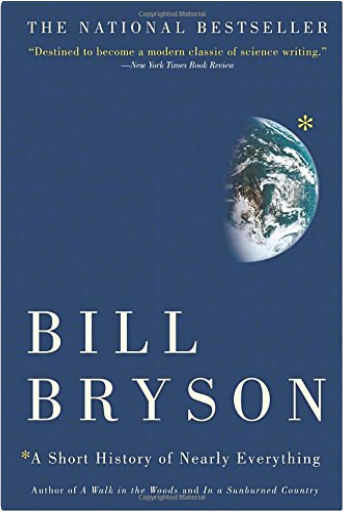 A Short History of Nearly EverythingBill Bryson A Short History of Nearly EverythingBill Bryson Bill Bryson is one of the world’s most beloved and bestselling writers. In A Short History of Nearly Everything, he takes his ultimate journey–into the most intriguing and consequential questions that science seeks to answer. It’s a dazzling quest, the intellectual odyssey of a lifetime, as this insatiably curious writer attempts to understand everything that has transpired from the Big Bang to the rise of civilization. Or, as the author puts it, “…how we went from there being nothing at all to there being something, and then how a little of that something turned into us, and also what happened in between and since.” This is, in short, a tall order.  The Practice of Everyday LifeMichel de Certeau The Practice of Everyday LifeMichel de Certeau In this incisive book, Michel de Certeau considers the uses to which social representation and modes of social behavior are put by individuals and groups, describing the tactics available to the common man for reclaiming his own autonomy from the all-pervasive forces of commerce, politics, and culture. 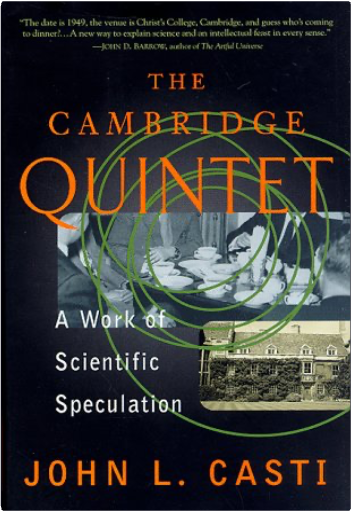 The Cambridge Quintet: A Work Of Scientific SpeculationJohn L. Casti The Cambridge Quintet: A Work Of Scientific SpeculationJohn L. Casti In this narrative tour de force, gifted scientist and author John L. Casti contemplates an imaginary evening of intellectual inquirya sort of My Dinner with” not Andre, but five of the most brilliant thinkers of the twentieth century.Imagine, if you will, one stormy summer evening in 1949, as novelist and scientist C. P. Snow, Britain's distinguished wartime science advisor and author of The Two Cultures, invites four singular guests to a sumptuous seven-course dinner at his alma mater, Christ's College, Cambridge, to discuss one of the emerging scientific issues of the day: Can we build a machine that could duplicate human cognitive processes? The distinguished guest list for Snow's dinner consists of physicist Erwin Schrodinger, inventor of wave mechanics; Ludwig Wittgenstein, the famous twentieth-century philosopher of language, who posited two completely contradictory theories of human thought in his lifetime; population geneticist/science popularizer J.B.S. Haldane; and Alan Turing, the mathematician/codebreaker who formulated the computing scheme that foreshadowed the logical structure of all modern computers. Capturing not only their unique personalities but also their particular stands on this fascinating issue, Casti dramatically shows what each of these great men might have argued about artificial intelligence, had they actually gathered for dinner that midsummer evening.With Snow acting as referee, a lively intellectual debate unfolds. Philosopher Wittgenstein argues that in order to become conscious, a machine would have to have life experiences similar to those of human beingssuch as pain, joy, grief, or pleasure. Biologist Haldane offers the idea that mind is a separate entity from matter, so that regardless of how sophisticated the machine, only flesh can bond with that mysterious force called intelligence. Both physicist Schrodinger and, of course, computer pioneer Turing maintain that it is not the substance, but rather the organization of that substance, that makes a mind conscious.With great verve and skill, Casti recreates a unique and thrilling moment of time in the grand history of scientific ideas. Even readers who have already formed an opinion on artificial intelligence will be forced to reopen their minds on the subject upon reading this absorbing narrative. After almost four decades, the solutions to the epic scientific and philosophical problems posed over this meal in C. P. Snow's old rooms at Christ's College remains tantalizingly just out of reach, making this adventure into scientific speculation as valid today as it was in 1949. 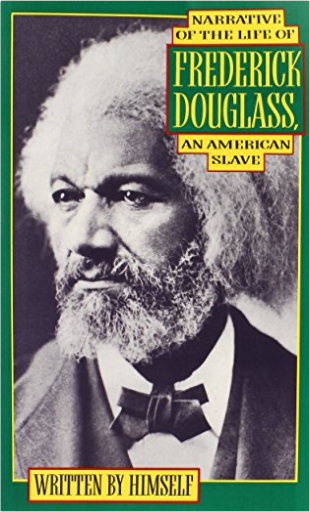 Narrative of the Life of Frederick Douglass, an American SlaveFrederick Douglass Narrative of the Life of Frederick Douglass, an American SlaveFrederick Douglass This dramatic autobiography of the early life of an American slave was first published in 1845, when its young author had just achieved his freedom. Douglass' eloquence gives a clear indication of the powerful principles that led him to become the first great African-American leader in the United States.  The Souls of Black FolkW. E. B. Du Bois The Souls of Black FolkW. E. B. Du Bois The Souls of Black Folk is presented here in a high quality paperback edition. This popular classic work by W. E. B. (William Edward Burghardt) Du Bois is in the English language, and may not include graphics or images from the original edition. If you enjoy the works of W. E. B. (William Edward Burghardt) Du Bois then we highly recommend this publication for your book collection. 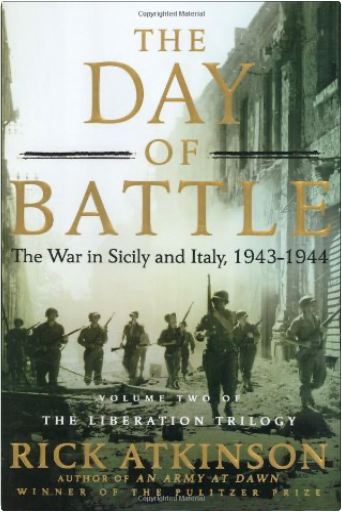 The Day of Battle: The War in Sicily and Italy, 1943-1944Rick Atkinson The Day of Battle: The War in Sicily and Italy, 1943-1944Rick Atkinson NEW YORK TIMES BESTSELLER 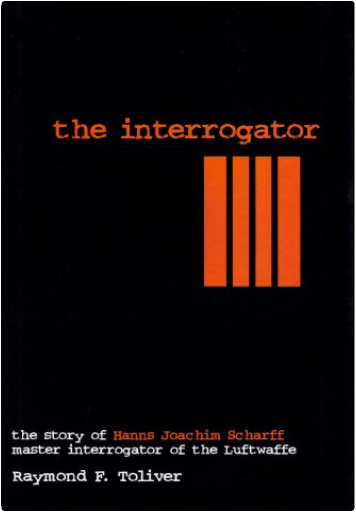 The Interrogator: The Story of Hanns Joachim Scharff, Master Interrogator of the LuftwaffeRaymond F. Toliver The Interrogator: The Story of Hanns Joachim Scharff, Master Interrogator of the LuftwaffeRaymond F. Toliver This is the story of Hanns Scharff the master interrogator of the Luftwaffe who questioned captured American fighter pilots of the USAAF Eighth and Ninth Air Forces in World War II. This Intelligence Officer gained the reputation as the man who could magi 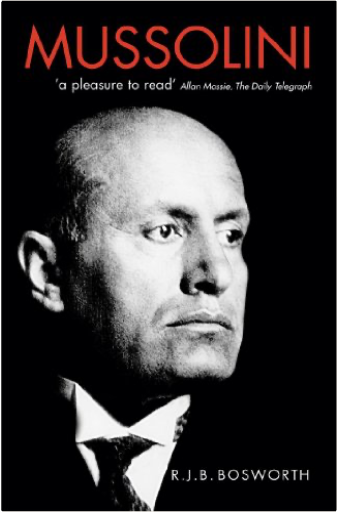 MussoliniR. J. B. Bosworth MussoliniR. J. B. Bosworth Bosworth's Mussolini allows us to come closer than ever before to an understanding of the life and actions of the dictator and of the political world and society within which he operated. This biography paints a picture of brutality and failure in governance with insight into Mussolini as a human being shaped by the particular patterns of Italian society which were so vastly different from Axis partners Germany and Japan. 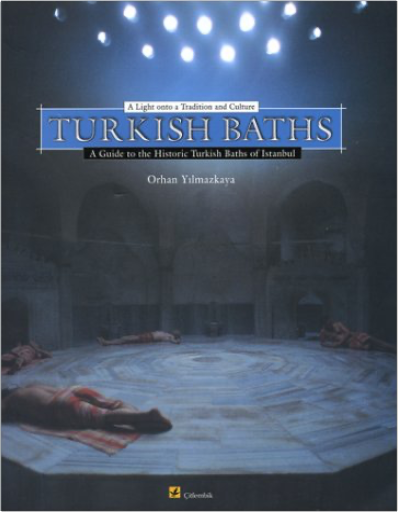 Turkish Baths: A Guide to the Historic Turkish Baths of IstanbulOrhan Yilmazkaya Turkish Baths: A Guide to the Historic Turkish Baths of IstanbulOrhan Yilmazkaya Turkish Baths - A Guide to the Historic Turkish Baths of Istanbul, is a lively pictorial jaunt through the history, traditions and culture of the Turkish bath. Discover the bath's contribution to Islamic culture and health, its role in the social lives of sequestered Ottoman women, the tale of the street ruffians who slept in its back corners, its environmental impact as Istanbul's greatest forests succumbed to the giant stokepits, and the sexual activities (primarily same gender) that were an acknowledged part of the bath "scene." The architecture of the bath is its crown, as light filters down onto the bathers stretched languorously on the large, common 'reclining' stone, demonstrated here with scores of beautiful contemporary photographs of Istanbul baths and bathers. This book is also a detailed guide to "bath etiquette"—and a guide to fifty historic baths in Istanbul (some dating as far back as the 15th century) that continue in regular use today. This book is a must for those searching for the perfect Turkish bath experience and those who want to understand what this tradition is all about! 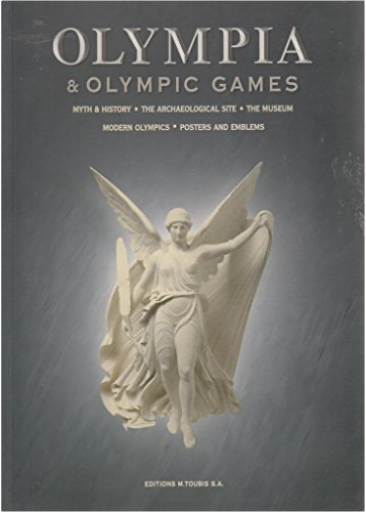 Olympia and Olympic GamesAnna Maranti Olympia and Olympic GamesAnna Maranti This book is divided into two parts. The first explores, analyses and introduces the history and art of ancient Olympia as well as of the Olympic Ideal. The second part is dedicated to the modern Olympic Games from 1896 until today. With illustrations of posters and emblems of the Olympic Games. |
 Made with Delicious Library
Made with Delicious LibraryDenver, CO zipflap congrotus delicious library Tolva, John

